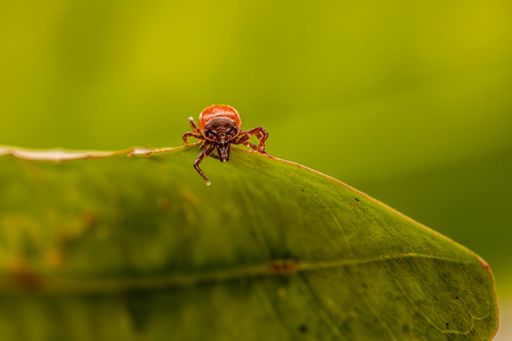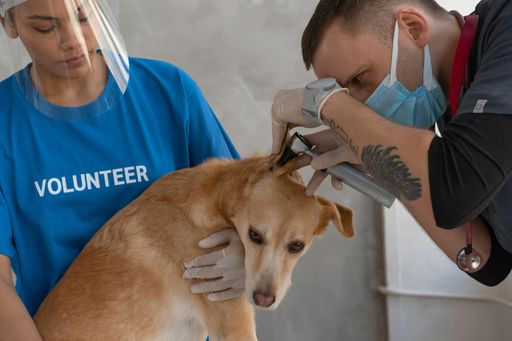We all know that getting a sleep is a fundamental aspect of good health and wellbeing for us humans, but is this the case for animals?
Let’s take our favourite four-legged friends as an example. Studies have revealed that the quality and length of sleep your dog gets each night can affect their health and behaviour. This is hardly surprising given that our canine companions are one of the heaviest sleepers in the whole animal kingdom. Dogs can spend anywhere up to 50 percent of their time napping, getting a sound 10.6 hours of sleep every day.
Dogs are hardly unusual in their love of sleep, in fact the nature is full of sleepyheads. We are all aware of (and maybe even envy!) the notoriously lazy sloth, however you may be surprised to learn that it is in fact the tiger that that is the record-holder for heaviest sleeper as they can snooze for up to 16 hours a day!
When discussing animal sleeping habits, it’s crucial not to confuse regular sleep with hibernation. During this long winter sleep, animals can go for days or even weeks without waking to drink, eat or relieve itself. In fact, hibernation oftentimes leaves animals feeling and will need to sleep heavily to recover.
To discover more about the fascinating world of animal sleeping habits, check out this super informative infographic from the team at Greyhounds as Pets which highlights some of the more unique animal sleeping patterns and explores the topics of hibernation and dreaming.
Read the infographic below to learn more about animal sleeping habits.





















